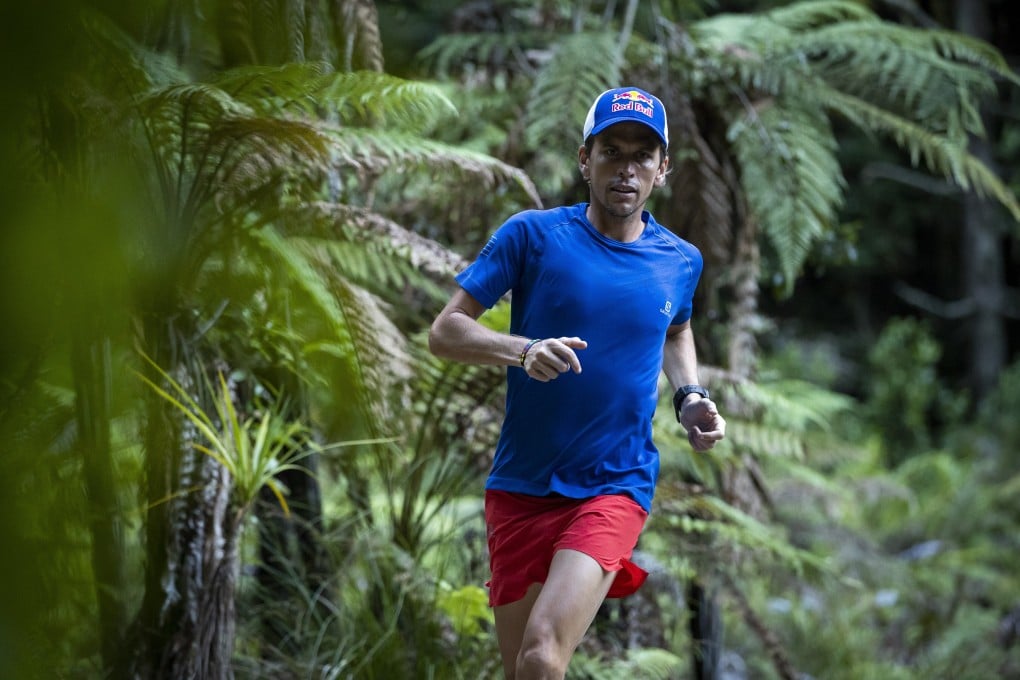How to train for a ‘FKT’ or adventure run when all your races get cancelled, with Western States champion Ryan Sandes
- Top South African trail runner and 2017 Western States winner Ryan Sandes shares tips on how to stay motivated and train with no races on the calendar

Ryan Sandes, one of the best trail and ultra runners in South Africa, is dealing with the coronavirus restrictions by reminding himself why he runs.
“For me, what has attracted me to the sport is adventures or big days out in the mountains with friends. It is nice to have a racing goal and some structure – not having a race means I lack specific motivation, but it also means in a couple of months’ time I can target a personal project,” Sandes said.
Sandes, who won the Western States 100-miler (161km) in 2017, is staying motivated by targeting an adventurous 600km run up the Skeleton Coast in Namibia, and the Grand Raid, a race on Reunion Island, if travel restrictions allow. If not, he may attempt a Fastest Known Time (FKT) run on the 106km 13 Peaks route around Table Mountain, a course where he already holds the FKT.
He is sharing his training tips for adventure or FKT running on coaching website Vert.Run, via a 12-week programme starting on July 12.
“Being a professional athlete, it would be nice to be able to race. I was looking forward to the Ultra Trail du Mont Blanc (UTMB),” Sandes said. “But it’s important to adapt. Things are changing so quickly. I’ve learned during lockdown to focus on the positives. You need to reframe your focus and set yourself a smaller or different challenge.”
Sandes, the former record holder for the Vibram Hong Kong 100, does not practice meditation or other specific routines to remain positive, but is cognisant of the need to actively recognise the good things in life. He noticed an immediate improvement in his mental state and was sleeping better when South Africa lifted the lockdown to allow people to run in the mountains.